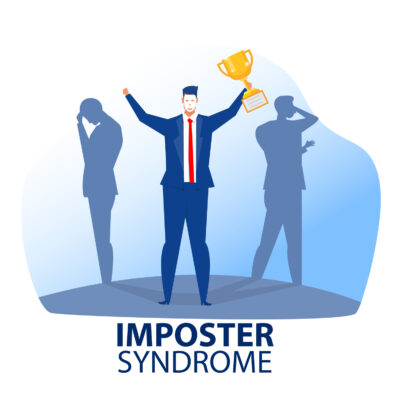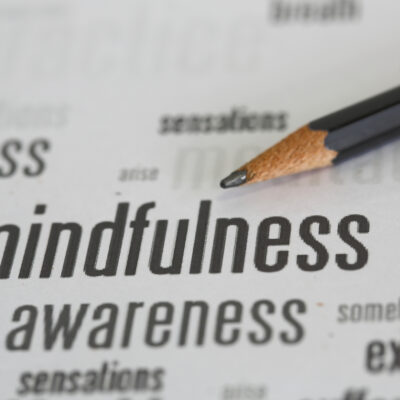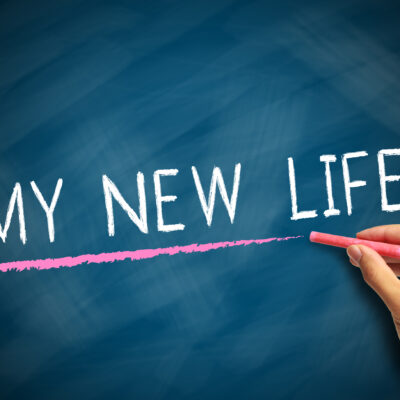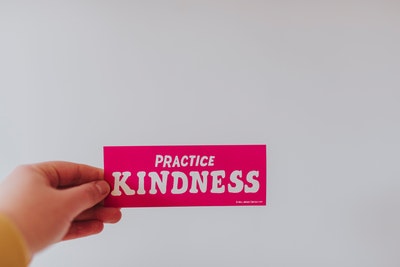You have potential! But you may not believe it. 29% of Americans say their jobs give them little or no meaning, and 60% say they are too busy to enjoy their lives.
If you can tap into your full potential, you can have a meaningful and substantial life. But that’s easier said than done. You need to take several steps to develop your skills and become happier.
What are the most important skills in the workplace? How can you develop these skills? What should you do to improve your mental health?
Answer these questions, and you can take the first step toward bettering yourself. Here are seven essential skills.
1. Public Speaking
Learning how to communicate is one of the most essential skills for leaders, yet it is one of the most neglected soft skills. You should be comfortable speaking in front of a room and one-on-one with your coworkers. Adopt any style of public speaking you want, as long as you are persuasive and charismatic.
It’s okay to have public speaking anxiety. You can talk to a psychiatrist if your anxiety inhibits your career, and you can work with a public speaking tutor to become a better public speaker.
Watch TED Talks, commencement addresses, and other speeches and see what the best speakers do. Incorporate their techniques into your speeches.
2. Productivity
While you are at work, you should be as productive as possible. Remove all distractions from your space, including other coworkers. Close the door or duck beneath your cubicle so you can stay focused.
During your free time, you should do something that helps you develop physical and mental skills. For example, a hobby like doing puzzles or writing stories can help you become a better strategist and communicator.
Though you should be productive, you should not burn yourself out. Understand your limitations and allow others to do work that they can do better than you. Specifically, you should learn how to say no and avoid putting too much on your plate.
3. Mindfulness
Mindfulness occurs when you are aware of and connected to the present moment. You acknowledge what you are feeling and thinking, and you do not pass judgment on yourself.
Mindfulness is important when you are trying to go to sleep or meditate. But you also need to be mindful when you are working and listening to other people.
If you find your mind wandering, pay attention to your bodily sensations. Think about how the floor feels beneath your feet and what the air on your skin feels like. This can help you keep your focus.
If you ever feel stressed, use mindfulness techniques to calm yourself down. Perform deep breathing and count in your mind from 10 down to 1.
4. Perseverance
Even if you are focused and productive, you may not get anything in return for your efforts. Perseverance allows you to keep going even if your short and long-term goals feel out of reach. You can take pride in the small things, like becoming a more skilled leader, and you can continue working to achieve something big.
Perseverance does not mean loneliness. If you are struggling to overcome an obstacle, you should get help for it.
5. Creativity
Creativity can mean a lot of different things. If you work in a creative profession, you want to come up with new ideas and projects on a frequent basis. You also want to think about how you can revise your work to produce something better than what you’ve made previously.
But creativity does not just apply to creative works. You need to be creative when you are resolving a conflict between two people. Consider making a compromise or propose a third solution that satisfies both parties.
You need to be comfortable with taking risks. Some of your projects will not succeed, but you can learn from your failures and move on.
6. Critical Thinking
In any type of career, you need to know how to gather evidence and interpret it. Using Google is okay, but you should learn how to read research papers, legal documents, and government reports.
You should understand how to tell if a piece of evidence is valuable or not. Some documents have summaries or methodologies that let you know what their conclusions are. Other documents are less clear, and you need to comprehend how they reach their conclusions.
Furthermore, you need to put their findings into your own words. If you find yourself struggling to understand something, you should talk to the author or a professional you know who is in the same line of work.
7. Teamwork
Even if you are leading a team, you have to know how to work with each member. You should understand who each person on the team is and why they are working for you.
You should learn how to receive feedback from your team. If you get the same feedback multiple times, you need to get training so you overcome your imperfections.
You may not lead your team forever. Look closely at each member and think about which one can serve as the next leader. If you transition out of your job, train that person so they can assume your job.
Realizing Your Full Potential
Your full potential lies in your hands. You should prioritize soft skills that help you in the workplace, like public speaking and productivity.
Yet you should never sacrifice your mental health for your job. You should be mindful, and you should know your limitations.
Develop a few skills that help you in all parts of your life. Honing your creativity, critical thinking skills, and teamwork abilities can help you at any point in your career path.
Commit to yourself. The Mad Dev provides premium self-improvement guides. Read our guide on how to find your life’s purpose.











